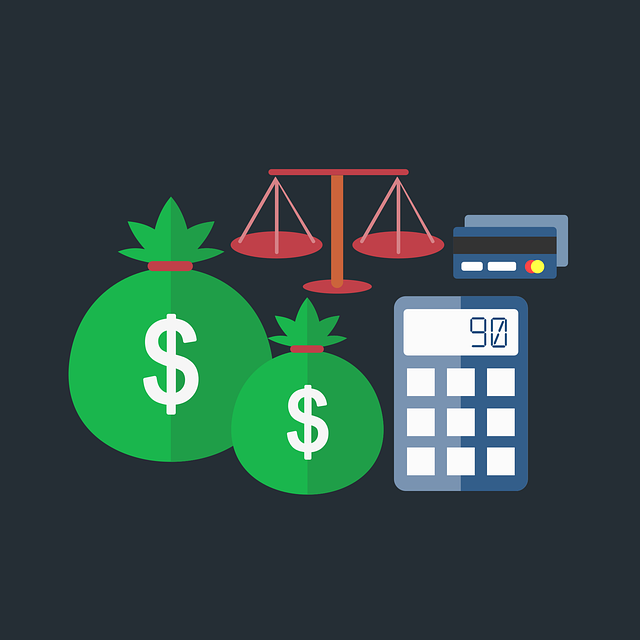TL;DR: Understanding your business's funding needs is key to selecting optimal loan options. Entrepreneurs should assess short-term and long-term goals, operational costs, and growth strategies to match their requirements with suitable loans. Careful evaluation of loan terms—including interest rates, repayment periods, and collateral—ensures effective cash flow management and aligns with business objectives. By considering government-backed loans and deciphering key terms like fixed/variable interest rates, entrepreneurs can make informed decisions and choose the best loan options to support their financial future.
In today’s dynamic business landscape, aligning loan choices with your company’s objectives is paramount. Understanding your business funding needs forms the foundation for this process. This article guides you through the intricate web of loan options tailored to diverse goals and deciphers complex loan terms to ensure informed borrowing decisions. From exploring secured loans for capital expansion to understanding variable rates for working capital, these insights empower entrepreneurs to secure optimal financing aligned with their strategic vision.
- Understanding Business Funding Needs
- Exploring Loan Options for Different Objectives
- Deciphering Loan Terms: What to Consider Before Borrowing
Understanding Business Funding Needs

Understanding your business’s funding needs is a crucial step in matching the right loan option with your objectives. Every business venture has distinct financial requirements, whether it’s for startup capital, expanding operations, or managing cash flow. Identifying these needs involves assessing short-term and long-term goals, operational costs, and growth strategies. By evaluating these factors, entrepreneurs can determine the type of loan that aligns best with their journey—whether it’s a short-term working capital loan to cover immediate expenses or a longer-term Business Loan for strategic investments.
Loan terms, including interest rates, repayment periods, and collateral requirements, should be carefully considered alongside funding needs. These factors significantly impact cash flow management and overall financial health. Different loan options cater to various business profiles and goals, offering flexible terms that suit entrepreneurial aspirations. Understanding these nuances enables business owners to make informed decisions, ensuring that their chosen loan type supports and complements their strategic direction.
Exploring Loan Options for Different Objectives

When it comes to aligning loan types with business objectives, understanding your funding needs is crucial. Different loans cater to specific goals and have distinct terms. For instance, short-term loans are ideal for covering immediate expenses or inventory purchases, offering quick access to capital with relatively shorter repayment periods. On the other hand, long-term financing options, such as business mortgages or installment loans, are suitable for significant investments in real estate or equipment, allowing for more extended repayment schedules.
Evaluating your business funding needs will help determine the most appropriate loan option. Interest rates, repayment flexibility, and collateral requirements vary across loan types, impacting overall financial health. For example, small businesses might opt for government-backed loans like SBA (Small Business Administration) financing, which provides lower interest rates and more lenient eligibility criteria. Understanding these nuances ensures that your chosen loan terms align with both your financial goals and the unique demands of your business operations.
Deciphering Loan Terms: What to Consider Before Borrowing

Before applying for a loan, understanding the intricate details and terms is paramount to aligning your business funding needs with the most suitable loan options. Deciphering these terms allows entrepreneurs to make informed decisions about their financial future. One of the first considerations should be the interest rate, which determines the cost of borrowing. Rates can vary significantly between lenders and loan types; a fixed rate provides stability while a variable rate may offer lower initial payments but could increase over time.
Another critical aspect is loan maturity—the period within which you must repay the debt. Short-term loans often have quicker repayment schedules, suitable for businesses with stable cash flow, while long-term loans offer more flexible terms. Additionally, borrowers should scrutinize any fees associated with the loan, such as origination or prepayment penalties, to ensure they fully comprehend the overall cost of borrowing. By closely examining these loan terms, business owners can secure the best financing deal to support their objectives.






